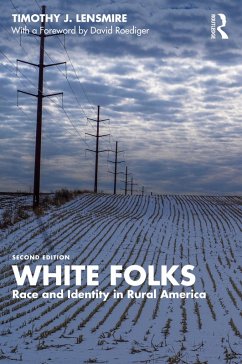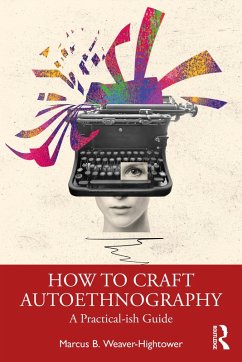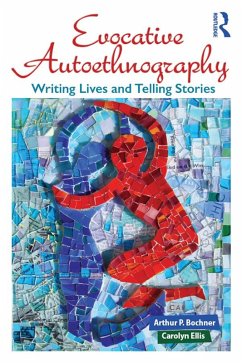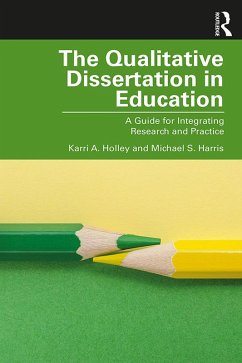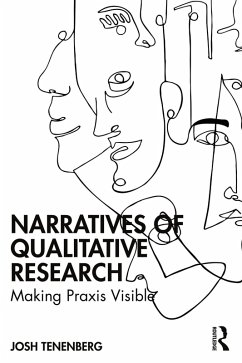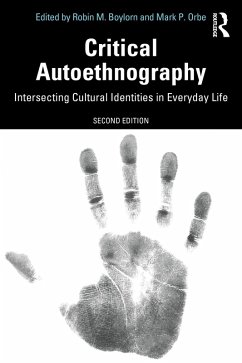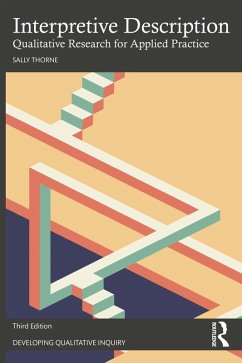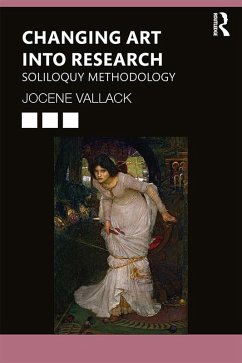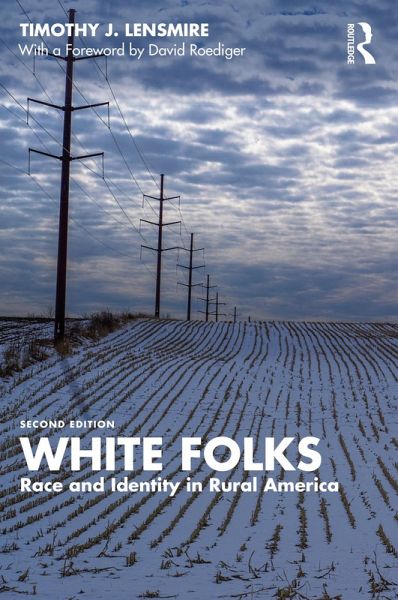
White Folks (eBook, ePUB)
Race and Identity in Rural America
Versandkostenfrei!
Sofort per Download lieferbar
45,95 €
inkl. MwSt.
Weitere Ausgaben:

PAYBACK Punkte
23 °P sammeln!
White Folks explores the experiences and stories of eight white people from a small farming community in northern Wisconsin. Drawing on in-depth interviews with Delores, Frank, William, Erin, Robert, Libby, and Stan, as well as on his own experiences growing up in this same rural community, Lensmire creates a portrait of white people that highlights the profound ambivalence that has characterized white thinking and feeling in relation to people of color for at least the last two hundred years. White people's relations to people of color and their cultures are characterized not just by fear, re...
White Folks explores the experiences and stories of eight white people from a small farming community in northern Wisconsin. Drawing on in-depth interviews with Delores, Frank, William, Erin, Robert, Libby, and Stan, as well as on his own experiences growing up in this same rural community, Lensmire creates a portrait of white people that highlights the profound ambivalence that has characterized white thinking and feeling in relation to people of color for at least the last two hundred years. White people's relations to people of color and their cultures are characterized not just by fear, rejection, and violence, but also by attraction, envy, and desire. There is nothing smooth about the souls of white folks.
This second edition of White Folks features a new foreword-by renowned critical whiteness studies scholar David Roediger-that places the book in historical and political context. It also includes an expanded discussion by Lensmire on doing research on race with white people.
This second edition of White Folks features a new foreword-by renowned critical whiteness studies scholar David Roediger-that places the book in historical and political context. It also includes an expanded discussion by Lensmire on doing research on race with white people.
Dieser Download kann aus rechtlichen Gründen nur mit Rechnungsadresse in A, B, BG, CY, CZ, D, DK, EW, E, FIN, F, GR, HR, H, IRL, I, LT, L, LR, M, NL, PL, P, R, S, SLO, SK ausgeliefert werden.




